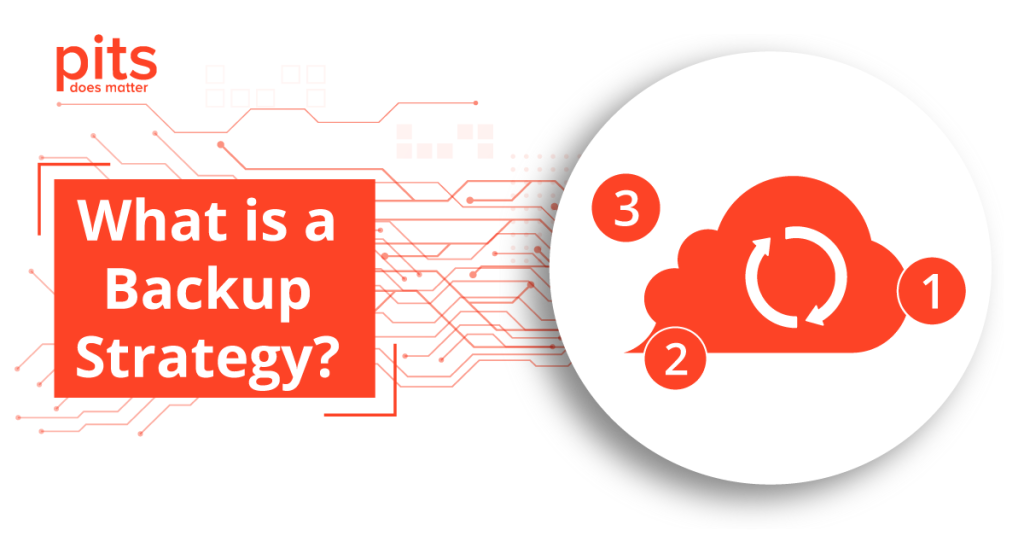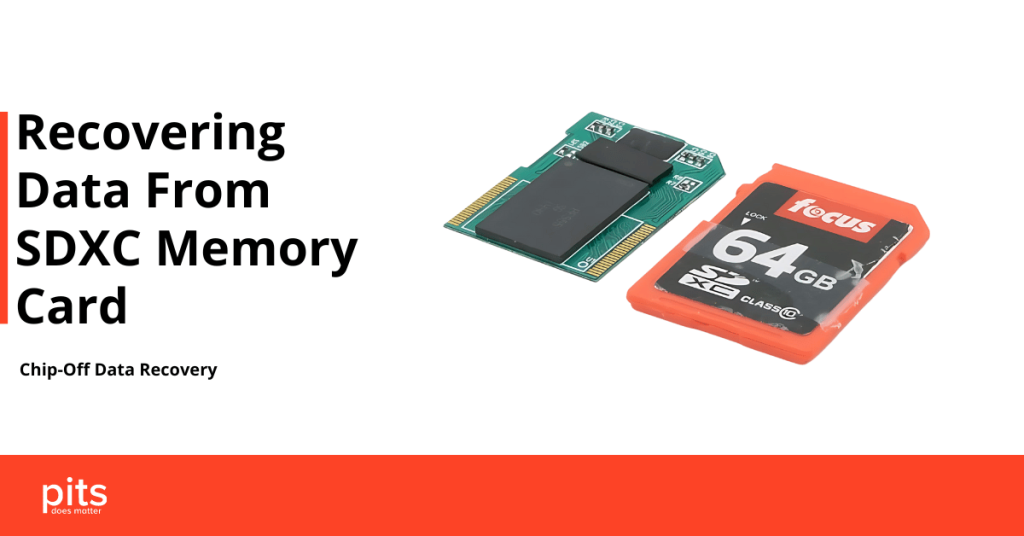Data is one of the most important assets for individuals and businesses alike. It serves as the backbone of operations, and losing it can lead to catastrophic consequences. Data loss can occur for various reasons, including hardware failure, virus attacks, and accidental deletion.
However, data overwriting is one of the most frequent causes of irreversible data loss. In this blog, we will explore whether it is possible to recover overwritten files and the factors that influence recovery.
What is Data Overwriting?
Data overwriting occurs when new data is written to a storage device in a location where old data was previously stored. When this happens, the original data is replaced by the new information, making it effectively irretrievable. This process is common in storage devices like hard drives and flash drives, which are often reused multiple times.
Common Causes of Data Overwriting
Accidental Deletion: When a file is deleted, it isn’t truly removed from the storage device; rather, the operating system marks that space as available for new data. If new information is written to that space, recovering the original data becomes impossible.
Formatting: Formatting a storage device clears all data, marking all space as available for new content. If new data is written after formatting, the original files will be lost forever.
Reinstallation of the Operating System: Installing a new operating system can overwrite existing data on the storage device. This process may render previously stored files unrecoverable, especially on systems running Windows.
Is It Possible to Recover Overwritten Data?
When it comes to recovering overwritten data, the chances depend on several key factors. Understanding these can help determine whether recovery is feasible.
Type of Storage Devices
The likelihood of recovering lost data largely depends on the type of storage device. For instance, recovering data from a hard drive is generally easier than from a solid-state drive (SSD) or a flash drive. Hard drives use magnetic storage, which can allow for partial recovery of overwritten data. In contrast, SSDs and flash drives use electronic storage, making it more challenging to locate and recover lost files.
Amount of Time That Has Passed
The time elapsed since the data was overwritten significantly affects recovery chances. The longer you wait, the less likely it is that the data can be retrieved. This is because more new data may have been written over the original information, complicating recovery efforts.
Amount of Data Written Over the Original Data
The amount of data written after the original information also plays a crucial role in recovery success. If only a small amount of new data has replaced the original files, there may still be a chance to recover them. However, if a significant volume of new data has been written, the likelihood of successful recovery diminishes.
Overwritten Data Recovery with PITS Global Data Recovery Services
At PITS Global Data Recovery Services, we specialize in recovering data from devices with overwritten files. Our team of skilled data recovery experts is equipped with the latest tools and techniques to retrieve data from a variety of storage devices, including hard drives and SSDs.
Our recovery process for devices with overwritten data begins with a thorough evaluation to assess the extent of the data loss and identify what files can be recovered. We then employ specialized methods to extract any remaining data from the device. PITS Global Data Recovery Services is a trusted provider, known for our expertise in comprehensive data recovery solutions.
Instead of risking further data loss by using unreliable recovery software, entrust your storage device to our professionals. Contact our reliable customer service today to learn more about our data recovery services and how we can assist you in retrieving your important data.
Frequently Asked Questions
What does it mean when data is overwritten?
Data is considered overwritten when new data is written to a storage device in the same location as previously stored data. This process replaces the original data, making it effectively irretrievable if sufficient new data has been written.
Can I recover data after it has been overwritten?
Recovering overwritten data is challenging and often depends on several factors, including the type of storage device and how much new data has been written over the original files. While recovery may be possible in some cases, it is typically more difficult with solid-state drives (SSDs) than with traditional hard drives.
What factors affect the chances of recovering overwritten data?
The possibility of recovering overwritten data depends on several factors, including:
- The type of storage device (hard drives are generally easier to recover from than SSDs).
- The amount of time that has passed since the data was overwritten.
- The volume of new data written over the original files.
Is there a way to prevent accidental data overwriting?
To prevent accidental data overwriting, it is crucial to regularly back up your important files to multiple storage locations, such as external hard drives or cloud services. Additionally, avoid using the same storage device for multiple types of data without proper organization, and always double-check before deleting files.
When should I seek professional help for data recovery?
If you’ve accidentally overwritten important data and are unable to recover it using standard methods, it’s advisable to seek professional help. Experts in data recovery, such as the team at PITS Global Data Recovery Services, can assess the situation and use specialized tools to maximize the chances of retrieving lost data, especially if significant time has passed since the overwrite or if the storage device is failing.


